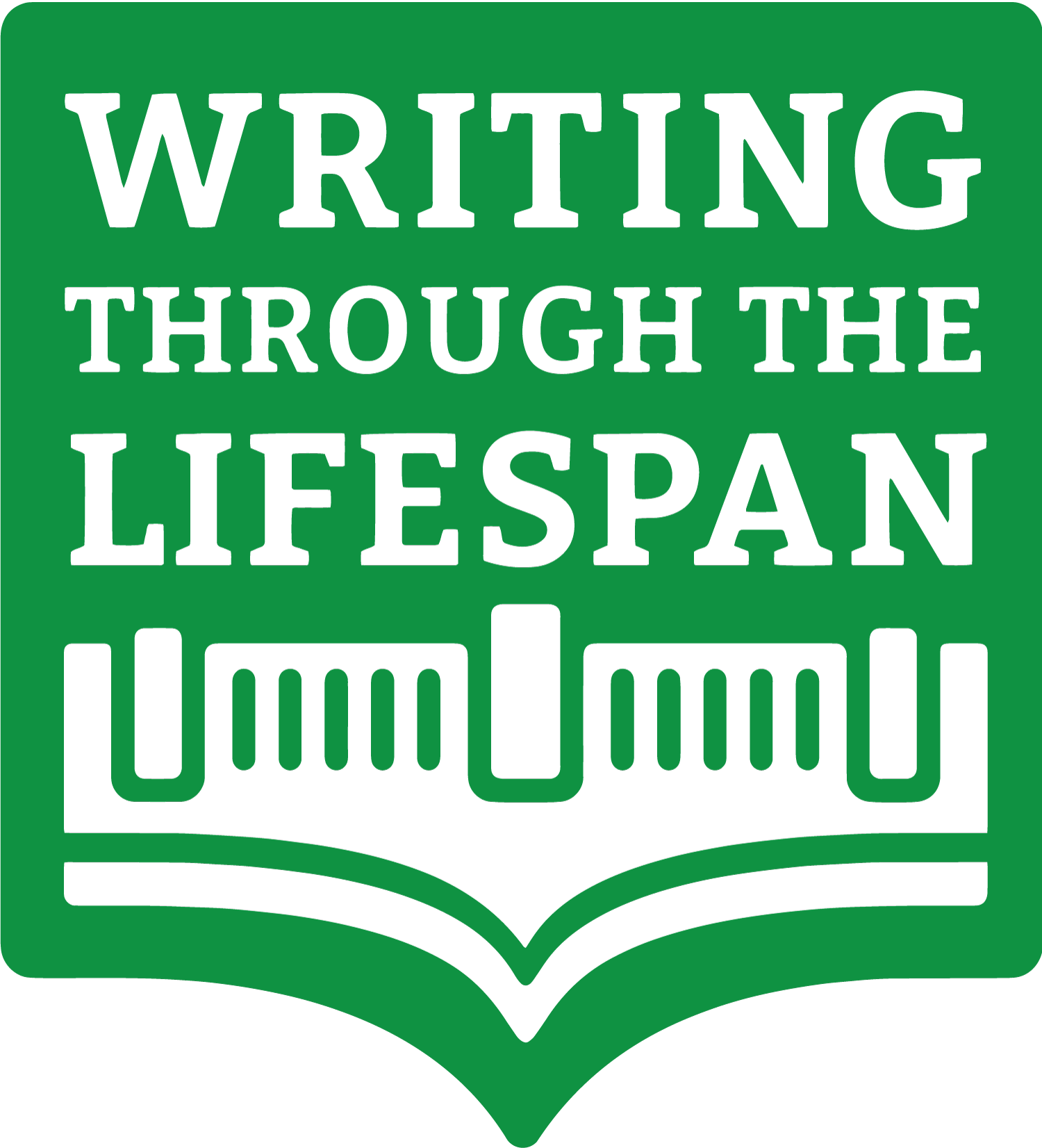Growing a Radical Research Agenda: The Recent Past and Possible Futures of Lifespan Writing Research
Registration Is Closed
Regular Registration (through July 26) = $175 USD
Student/Retired/NTT/Global Regular Registration (through July 26) = $125 USD
Register through Ohio University: https://commerce.cashnet.com/ohioemkt2
Conference Program
The 3rd Conference on Writing Through the Lifespan
July 24-26, 2024 | ONLINE
all times are Eastern Daylight Time
Wednesday, July 24, 2024
10:00 AM - 11:30 AM Opening Plenary: Charles Bazerman
12:30 PM - 1:45 PM Panel I
Mining the Wisdom Literature to Reconceptualize a Writer's Task in Late-Life Composing
Louise Wetherbee Phelps, Old Dominion University
Writing Sideways: Genre, Identity, and Creative (Re)visions
Benjamin Hojem, Duke University
Tracing social movement inscription in Brazil: Arts-activist literacies across a lifespan, Ítala Isis and The Invisible Cities Movement in Rio de Janeiro
Jamie Duncan, Lancaster University, Literacy Research Centre
2:00 PM - 2: 50 PM Panel II
The development of teaching Writing Skills to L2 Primary School Students: An Action Research Kais Kadim, University of Malaysia Terengganu
Connecting the Writing through the Lifespan Collaboration with Canadian Writing Studies
Dana Landry, University of the Fraser Valley
3:00 PM - 4:15 PM Workshop I
How Do We Identify Hidden Subgroups in Large Groups of Individuals? A Conceptual Overview of Mixture Modeling with Application to Lifespan Writing Research
Matt Zajic, Teachers College, Columbia University
4:30 PM - 5:45 PM Panel III
Autoethnography, Autohistoria-teoría, and Testimonio: Methodologies for Tapping into Bodily Knowledge for Lifespan Writing Research
Erin Workman, Heather Montes Ireland, & Lydia Saravia, DePaul University
Thursday, July 25, 2024
10:00 AM - 11:15 AM Plenary II: Lauren Rosenberg
1:00 PM - 2:00 PM Works in Progress I
Breaking Radical: A Study of Peri- and Menopausal Women Writing Past Stagnant Discourses
Jamie White-Farnham, University of Wisconsin-Superior
Cathryn Molloy, University of Delaware
Bryna Siegel Finer, Indiana U of Pennsylvania
Queer Lifespan and Lifewide Writing
Travis Webster, Virginia Tech
Meaningful Writing at Work: An Emerging Transdisciplinary Project
Elizabeth Kimball, Drexel University
2:30 PM - 3:30 PM Panel III
Considering Possible Futures for Lifespan Writing Research
Lauren Bowen, University of Massachusetts, Boston
Ryan Dippre, University of Maine
Talinn Phillips, Ohio University
Anna Smith, Illinois State University
Contact lifespanwriting@gmail.com with questions.
